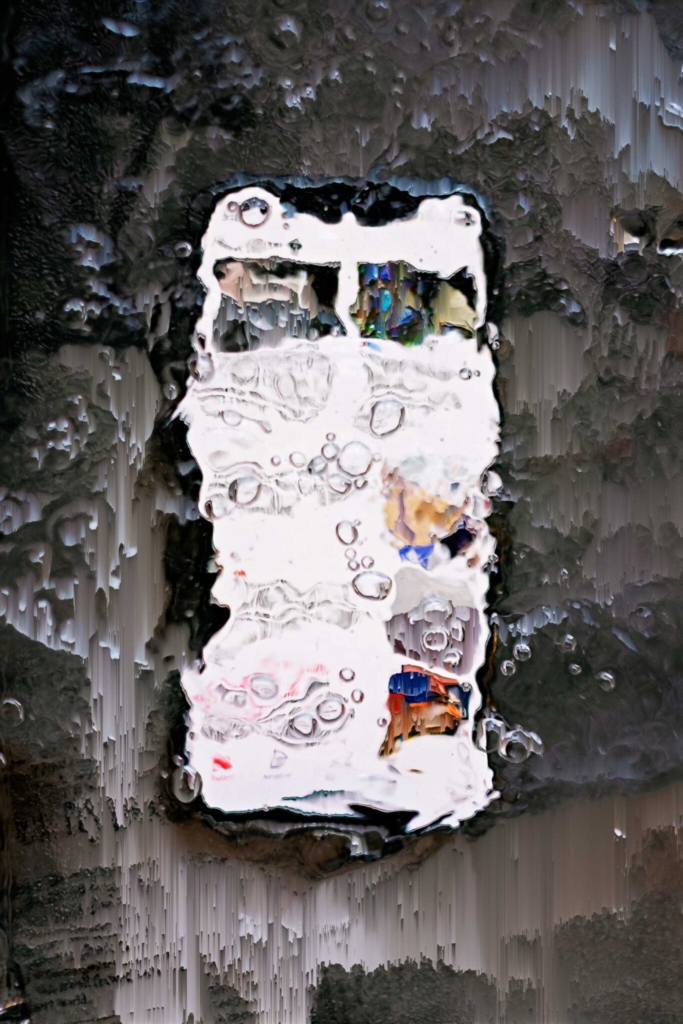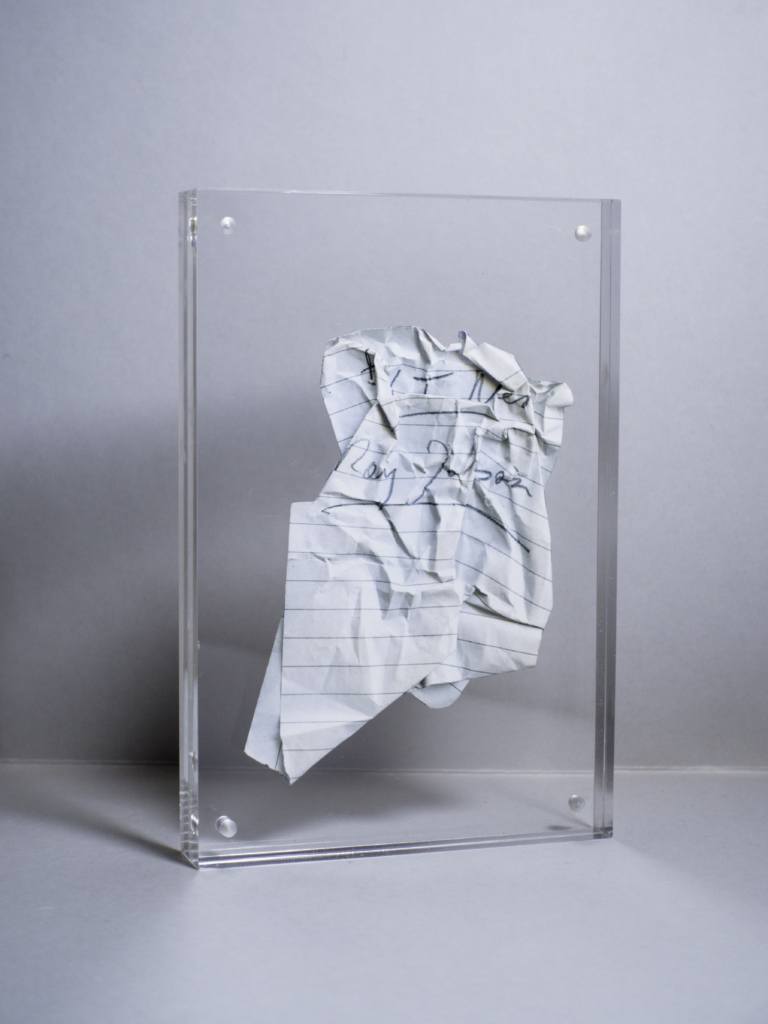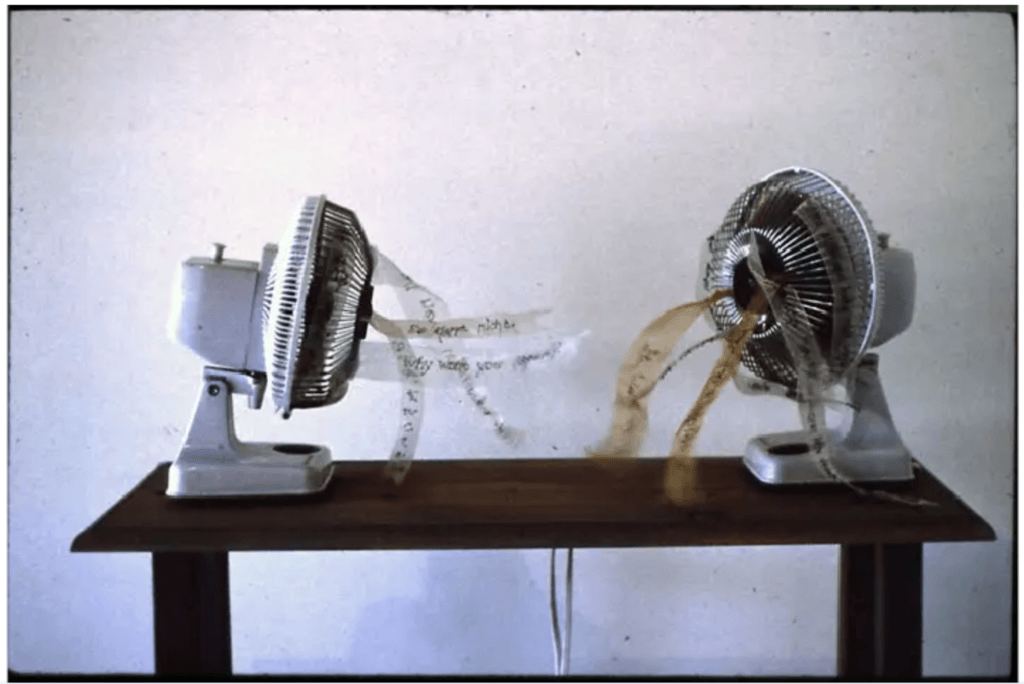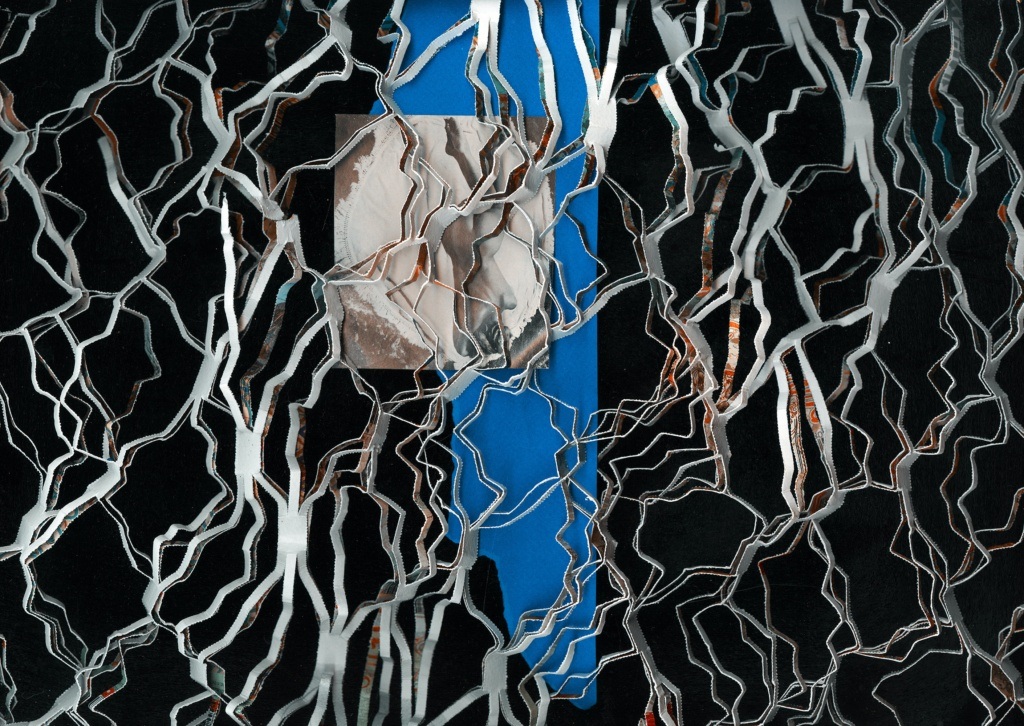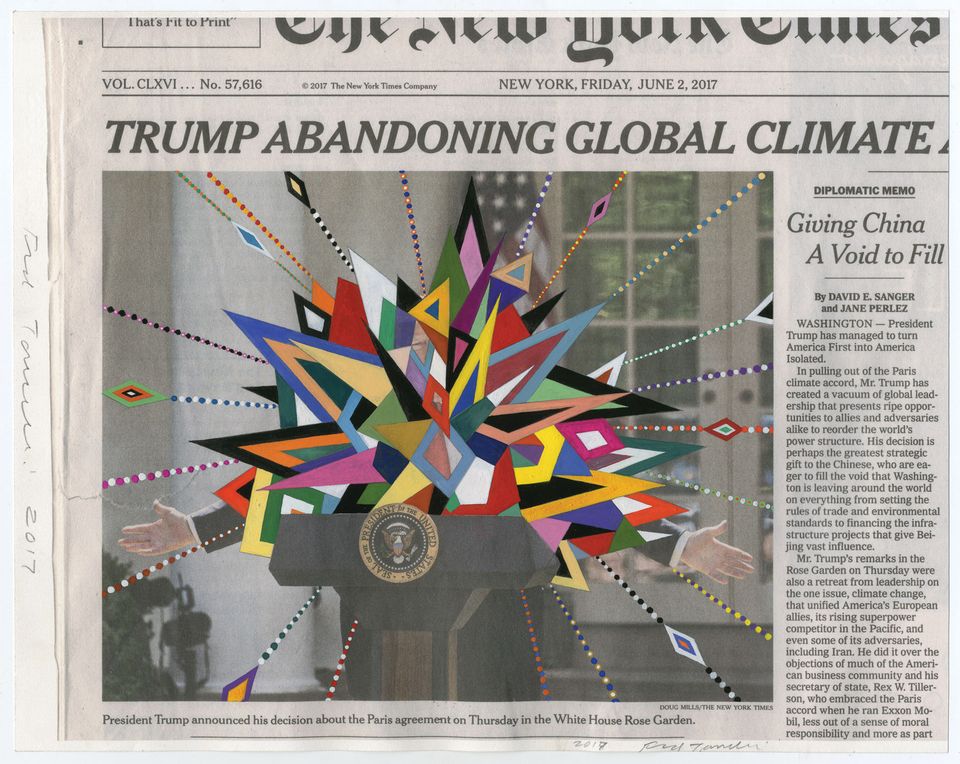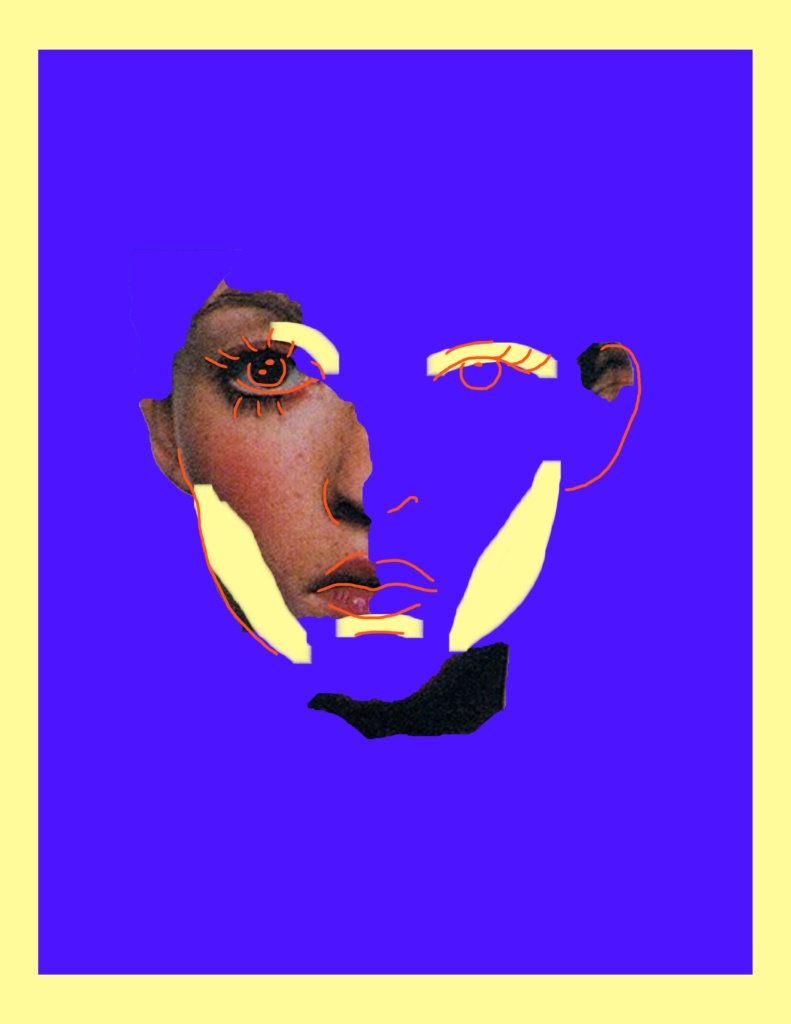Topics
Fake
On the emergence of the “post truth” era
Suspension of Belief
Images of suffering compel a reaction. “Crisis actor” conspiracy theories show that it’s sometimes easier to claim they are “fake” than to respond appropriately, or to deal with the cognitive dissonance of not knowing how to respond at all
As You Were
The idea that a person’s total potential could be quantified and reproduced by algorithm — without agency — reinforces the sense of futility characteristic of neoliberal capitalism, and which can worsen depression in the first place
Hello Goodbye
Technologies that write text for us aim to eliminate ambiguity from communication and make it more efficient. But the more popular these technologies become, the more they place all text under suspicion of being lazily produced, without any sincere human effort or intention behind it. Rather than becoming clearer, it becomes utterly inscrutable.
Emotional Rescue
We think of media as means for transmitting information, assuming that information’s freedom is intrinsically and positively correlated with our own. In reality, media are — and have always been — primarily about affect: they are ways of cocooning ourselves, providing freedom from pain and discomfort. This misconception has had disastrous consequences.
Faked Out
The post-truth era is not new, and not the fault of the postmodernists who have previously diagnosed it. Those who claim that our era is somehow less objective or more fake than earlier media regimes are clinging to a sense of their own superiority and trying to extend the legitimacy of increasingly irrelevant knowledge-producers.
Unreal News
For a long time, “fake news” almost exclusively referred to news parody of the kind pioneered by the Onion. But it has since been overtaken by a politics that refuses norms of seriousness and the idea of a consensus reality that could be parodied. To satirize current conditions, new forms will have to be developed to replace the mock news article.
Negative Space
The concern about the “end of reality” overlooks how tenuous representations of reality has always been. What is covered by journalists and how can be as manipulative as any deepfakery. As much as we may fantasize about media that can transcend context and impose its truth on everyone who sees it, the reality remains that all documents, real or contrived, are shaped by the frameworks in which they are received.
Body Doubles
The discussion around deepfakes shows how intimate digital images of the body are too often treated as inert documentation of the physical form rather than as a deeply felt extension of the self — as if only information were being made vulnerable rather than an integral aspect of one’s person. Conventional privacy-based approaches to fighting deepfakes have proved insufficient to ensure the bodily integrity of everyone affected.
Layers of Identity
In thinking about digital identity, we need go beyond dichotomies that posit the online is “fake” and the offline more “authentic,” given that all self-presentation in digital and physical spaces is curated and controlled. Influencers construct different kinds of marketable authenticity by performing amateurism and managing followers’ access to a series of backstages.
Seeing Is Believing
“Fake followers” on Instagram are not a problem for users but for advertisers. Using something faked, edited, misleading, or out of context to attract attention is the point of being on the platform, which actively blurs aspirational fantasy with its achievement. Buying followers may ostensibly break the site’s rules, but it follows Instagram’s implicit logic to a tee.
All I Know Is What’s on the Internet
“Information literacy” has been proposed by many educators as the antidote to “fake news.” But its assumptions about journalism, citizenship, and information consumption are outdated. It cannot deal with bad-faith authority figures, news recast as entertainment, and the emotional rewards of individualized filter bubbles.
